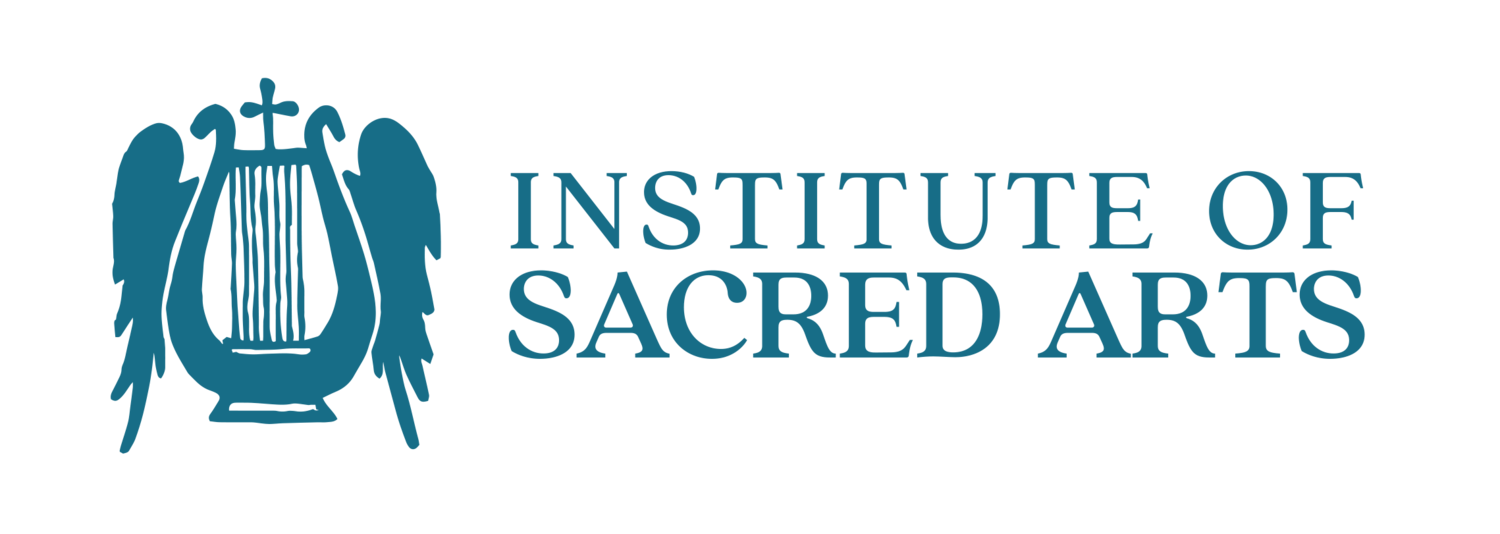Scott Cairns: The Poetic Potential
Cairns is author of numerous books of poetry, including The Theology of Doubt (1985), The Translation of Babel (1990), Philokalia (2002), Idiot Psalms (2014), and Slow Pilgrim: The Collected Poems (2015). His writing has appeared in The Atlantic, The Paris Review, The New Republic, Poetry, and elsewhere, and has been anthologized in Best Spiritual Writing and Best American Spiritual Writing. Besides writing poetry, Cairns has also written a spiritual memoir, Short Trip to the Edge (2007), as well as the libretto for the oratorios “The Martyrdom of Saint Polycarp” and “A Melancholy Beauty.” Spirituality plays an integral role in Cairns’ writing; in an interview, he said, “I’ve come to think of beauty as how God woos us to himself. One doesn’t so much create it or illuminate it as partake of it. Thereafter, one participates, collaborates, in its endless development.”
Cairns has received fellowships from the Guggenheim Foundation and the National Endowment for the Humanities, and was awarded the Denise Levertov Award in 2014. He has taught at numerous universities including University of North Texas, Old Dominion University, Seattle Pacific University, and the University of Missouri. Cairns is the founding director of Writing Workshops in Greece, a program that brings writers to study and engage with literary life in modern Greece.
Much of the above is adapted from Scott’s bio at poetryfoundation.org. It omits his written reflections, such as the beautiful little book The End of Suffering: Finding Purpose in Pain, as well as his academic credentials: he has served on the faculties of Kansas State University, Westminster College, University of North Texas, Old Dominion University. Dr Cairns recently retired as Curators' Distinguished Professor of English at the University of Missouri.
Scott is a pleasure to meet — as I did, on a boat on the Aegean one hot summer’s day — and reading his work is a joy and an immersive journey.




